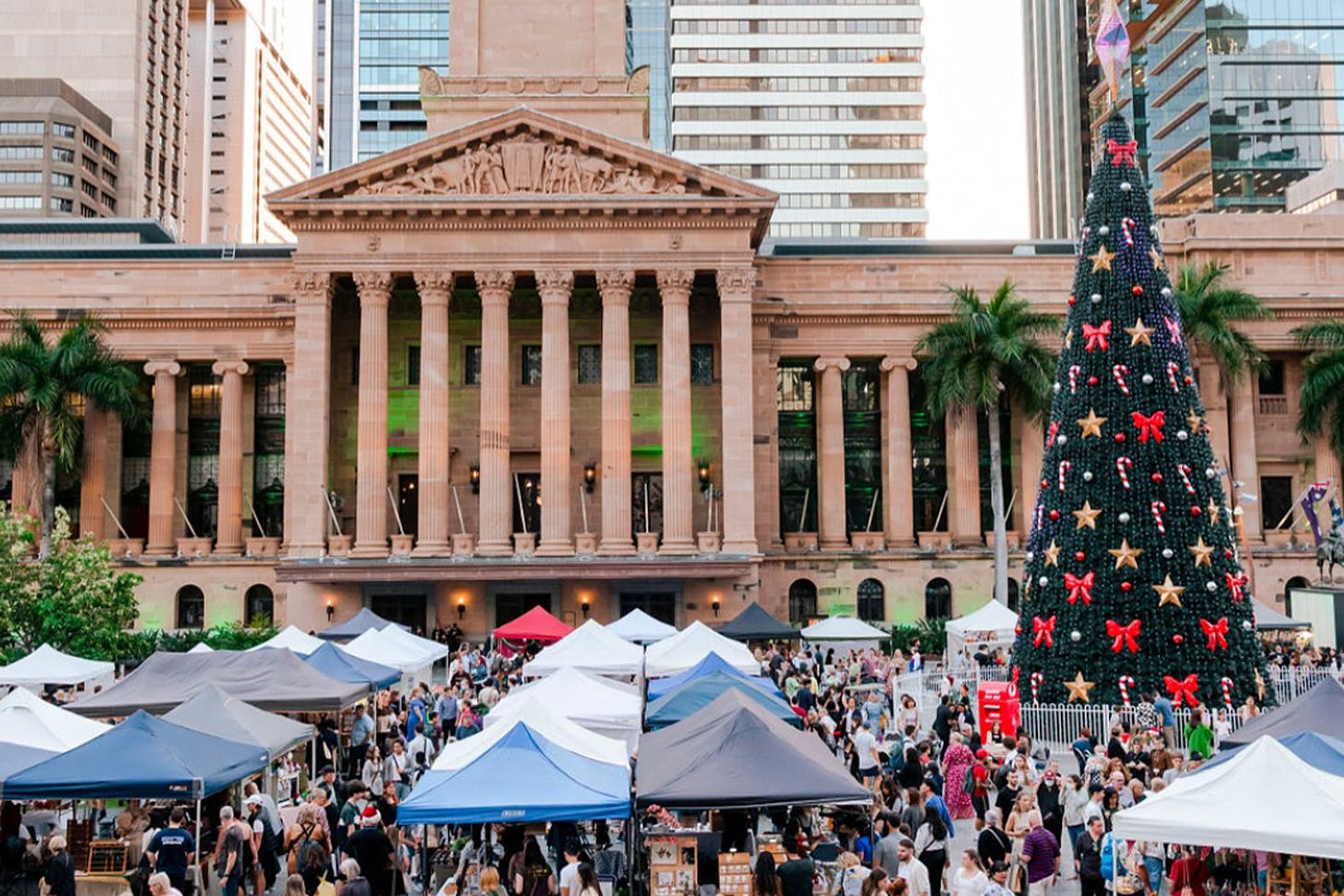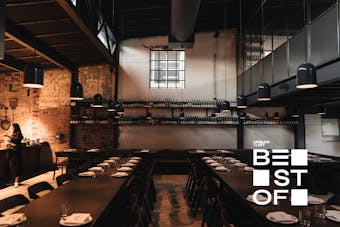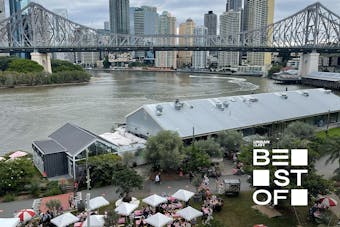
Urban List Guide To Brisbane
Discover the best of Brisbane—where to eat, drink, explore and escape, plus local news and cultural must-reads, all curated by Urban List.
News
See All
A New Luxury Precinct Inspired By The Grove In LA Is Set To Transform Hamilton

The Victory Hotel Is Levelling Up With A 50-Storey Hotel Tower In The Works

Here’s Your First Look At The New Brisbane Stadium Landing In Victoria Park
Features
See All
The Feed | All The Brisbane Food News You Need To Know

Food Writer Becca Wang Shares Her Go-To Lunar New Year Recipes For Year Of The Horse

Here’s How You Can More Than Double Your Annual Leave In 2026
Best Of Brisbane
See All
14 Best Pet-Friendly Brisbane Stays For Fun With Floof In 2026

17 Of The Gold Coast’s Best Pet-Friendly Stays To Snag For 2026

Now Open: The Best New Restaurants, Bars And Cafes In Singapore
Things To Do
See All
28 Of The Best Gifts For Kids Of Every Age And Stage

10 Swoon-Worthy Brisbane Restaurants To Book For Your Valentine’s Day Feasting

We’ve Found The No-Overthinking Date Night That Always Delivers
Food + Drink
See All
Caretaker’s Cottage And Shake Shack: What’s On The Australian Open Food And Drink Menu For 2026
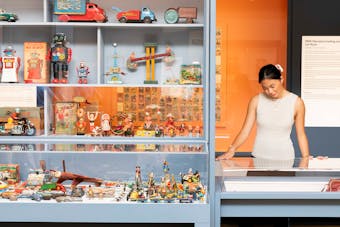
What’s On In Brisbane This Week, This Month And Beyond

8 Must-Do Experiences When You’re At Changi Airport In Singapore
Local Escapes
See All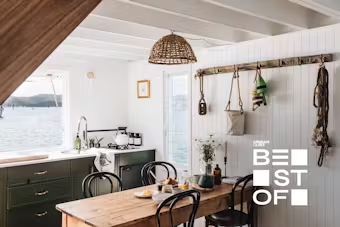
58 Of The Best Places To Stay In 2026 According To Our Travel Editor

15 Of The Best Hotels In Brisbane To Check Into In 2026

Go Off-Grid with 24 Of The Best Farm Stays Near Brisbane
Urban List Guides
- Australia
- New Zealand
- Asia
- Rest of the world
Rest Of The Best

27 Valentine’s Day Gift Ideas That Your Special Someone Will Love

Give Someone A Little Self-Care With This Gift Guide For All Things Beauty And Wellness

The Best Things To Do In Brisbane This Weekend


The Grill at Broncos Leagues Club
Feast like a champion at the Broncos Leagues Club’s newly renovated grill restaurant.


Fountainhead Winehouse
Find everyday sips and cellar-worthy bottles alike in this stunning and approachable subterranean winehouse.

62 Of The Best Shows And Movies On Disney Plus Australia (January 2026 Edition)

81 Of The Best Movies On Netflix Australia To Stream Tonight (January 2026)

Where To Celebrate Lunar New Year In Brisbane 2026

Johnny Gio’s
A popular Bondi pizzeria is now slinging its traditional brick oven slices in New Farm.

Aunty
Tassis Group is adding to their all-star line-up with a new modern Asian restaurant in an iconic Fortitude Valley location.

O Bagel South Bank
Whether you like it with a schmear or fully loaded, bagel lovers on the southside will get around this local fave.

Savige’s Seafood
For over 20 years, this humble fish and chippery has been serving Bribie Island community with the freshest seafood by the sea.

From Solo Travel To Milestone Escapes: Here’s Why A Trip To Fiji Is Scientifically Good For You
.png?auto=format%2Ccompress&fit=crop&ar=3:2&w=340 340w)
PSA: Singapore Airlines Just Announced Huge Flight Deals To Help Tick Off Your 2026 Bucket List

How Daniela Maiorano Blends Her Abruzzo Roots With Byron Bay Values For Simple, Flavourful Hosting

Nonna San
Woolloongabba’s new fusion restaurant combines Japanese and Italian flavours—from okonomiyaki pizza to gyoza lasagna.

Zini Contemporary Gelateria
In the sweetest news of summer, local gelato favourites La Macelleria Gelateria have launched a brand-new concept for Brisbane.

Riffe For Goodness
CBD cafe Felix For Goodness is set to bring its made-from-scratch specialty to a second location in Teneriffe.

Koko Black
Sweet tooths rejoice, because one of Australia’s most beloved artisan chocolatiers is making its return to Queensland.

From Safaris To City Exploring: Where Our Team Is Flying In 2026

How To Show Up: Invasion/Survival Day Rallies Happening Across Australia On January 26

Your Guide To The Best Shopping In Singapore

Rise Newstead
By day, this spot is serving decadent pastries and brunch dishes, and by night it's the elegant place to be for French-inspired dining on the waterfront.

27 South Brewing
Pour one up for Coorparoo’s newest brewery taproom from a local favourite, tucked behind a roller door.

Ruby’s Wine Shop
Knock-off drinks and vibey kick backs have a new home in Albion’s brand-new wine bar and store.

Victoria’s Secret
The Y2K craze has well and truly taken over with two new Victoria’s Secret stores opening in Brisbane soon.

Gifts For Mum: 40 Awesome Presents She’ll Actually Love

“Authentic Allyship Involves Real Commitment To Truth-Telling”: Why Jan 26 Is No Day To Celebrate

Euro Summer Bound? These Deals Have A Singapore Stayover Sorted

Bracken Ridge Tavern
Bracken Ridge Tavern unveils their epic $10 million transformation, with a new Italian eatery, kids' playroom and sports bar.

Alfi Eatery & Bar
There’s a Mediterranean newcomer set to shake up Everton Plaza’s vibrant Park Lane from certified hospo royalty.

Big Boy Bangkok
Big vibes and big flavours are what you can expect at Newstead’s bold new Thai spot.
.png?auto=format%2Ccompress&fit=crop&ar=3:2&w=520)
The Vine Room
Perched in prime location on the Cairns Esplanade, this stunning new dining destination is designed for slow, sunny afternoons and relaxed evening dinners, with a menu inspired by the best of Southern Europe.

What’s Open On The 26 January Public Holiday 2026 In Brisbane

Home Run Holiday: How Comedian Samantha Andrew Took A Swing On A Trip To South Korea
.png?auto=format%2Ccompress&fit=crop&ar=3:2&w=340 340w)
From Sun-Drenched Sips To Signature Cocktail Stations: How We’ll Be Entertaining This Summer

Breakfast Creek Hotel
This iconic 135-year-old pub is entering a new era, unveiling a landmark transformation and new dining offering.

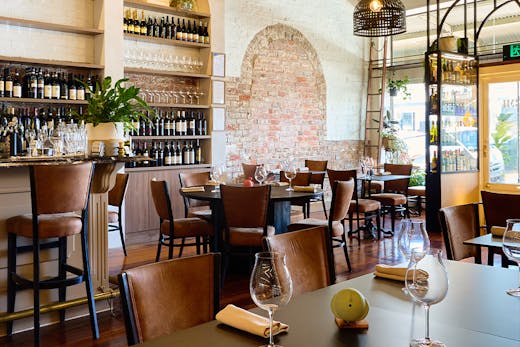
Attimi By Dario Manca
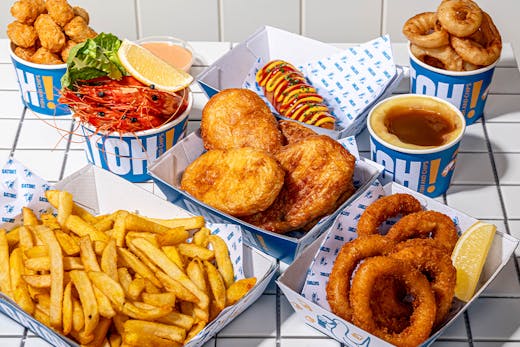
Catch Fish And Chips
Delightfully golden, battered and perfectly salted—that's what you can expect at the fish and chips shop from the El Camino crew.

57 Of The Best TV Shows And Movies To Stream On Paramount+ Australia (2026 Edition)

Sipping And Savouring On The Waitematā: These Are Auckland’s Best Waterfront Eats And Sips

PSA: Perth Festival’s 2026 Lineup Is So Good It’s Worth A Trip Out West
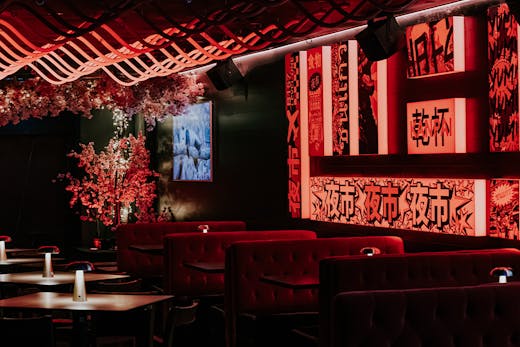
Night Market
If you’ve ever ventured into an Asian night market you know it's a feast for the senses. It's also what inspired the Valley's latest eatery.
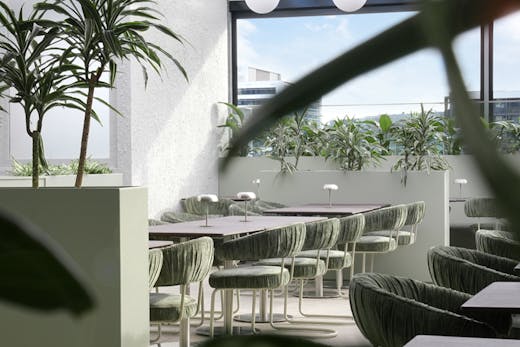
TABOO
Modern Thai flavours reaching new heights? Yep, that’s what you can expect at Fortitude Valley’s stunning new rooftop restaurant.
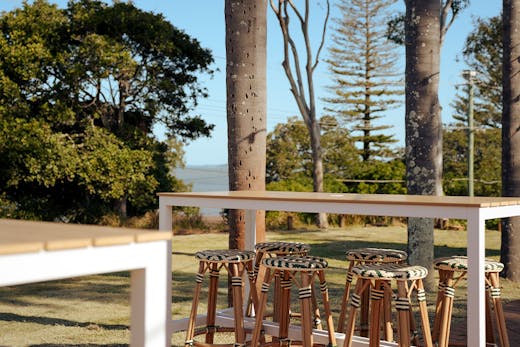
Grand View Hotel
Queensland oldest licensed pub is reopening after a $6 million upgrade, marking a new era in its proud 174-year history.
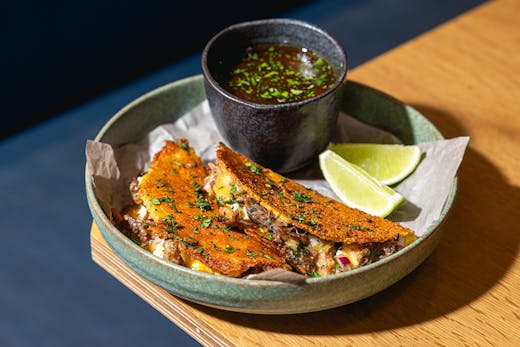
Birria Boy Taqueria
This pop-up taqueria is a fiery ode to Mexico’s beloved birria tacos in Woolloongabba.

West End’s New 12-Seat Omakase Restaurant Is Japanese Dining At Its Absolute Finest

Brisbane’s Exhilarating Vertical Restaurant Has Relaunched With An Epic New Dining Adventure

Ed Sheeran’s Loop Tour Is Taking Over Brisbane In 2026: Here’s Everything You Need To Know

Above Rooftop & Bar
Your summer just got a Mediterranean upgrade with Fortitude Valley’s brand-new rooftop destination.
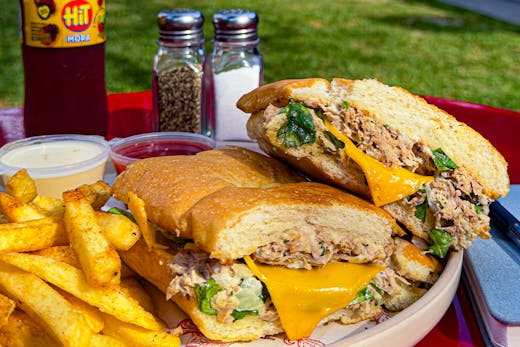
Perreo
Get your hands on Colombian sandwiches, burgers and hot dogs at Fortitude Valley's new late-night eatery.
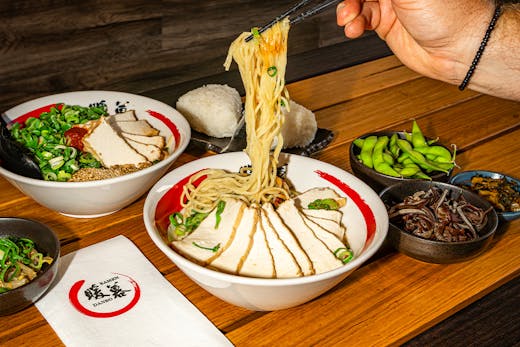
Danbo Labo
South Brisbane's new experimental ramen spot is cooking up new and innovative flavours on the regular.
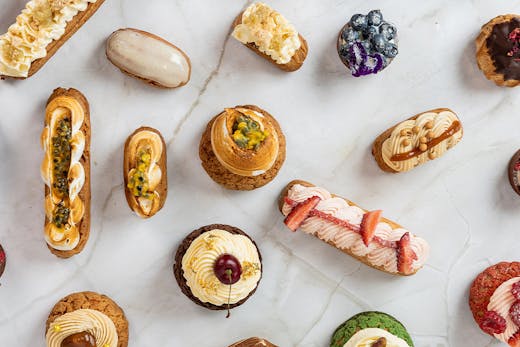
Eclair At The Bay
One of Byron Bay’s most loved patisseries is moving on up, announcing a flagship spot in Newstead.
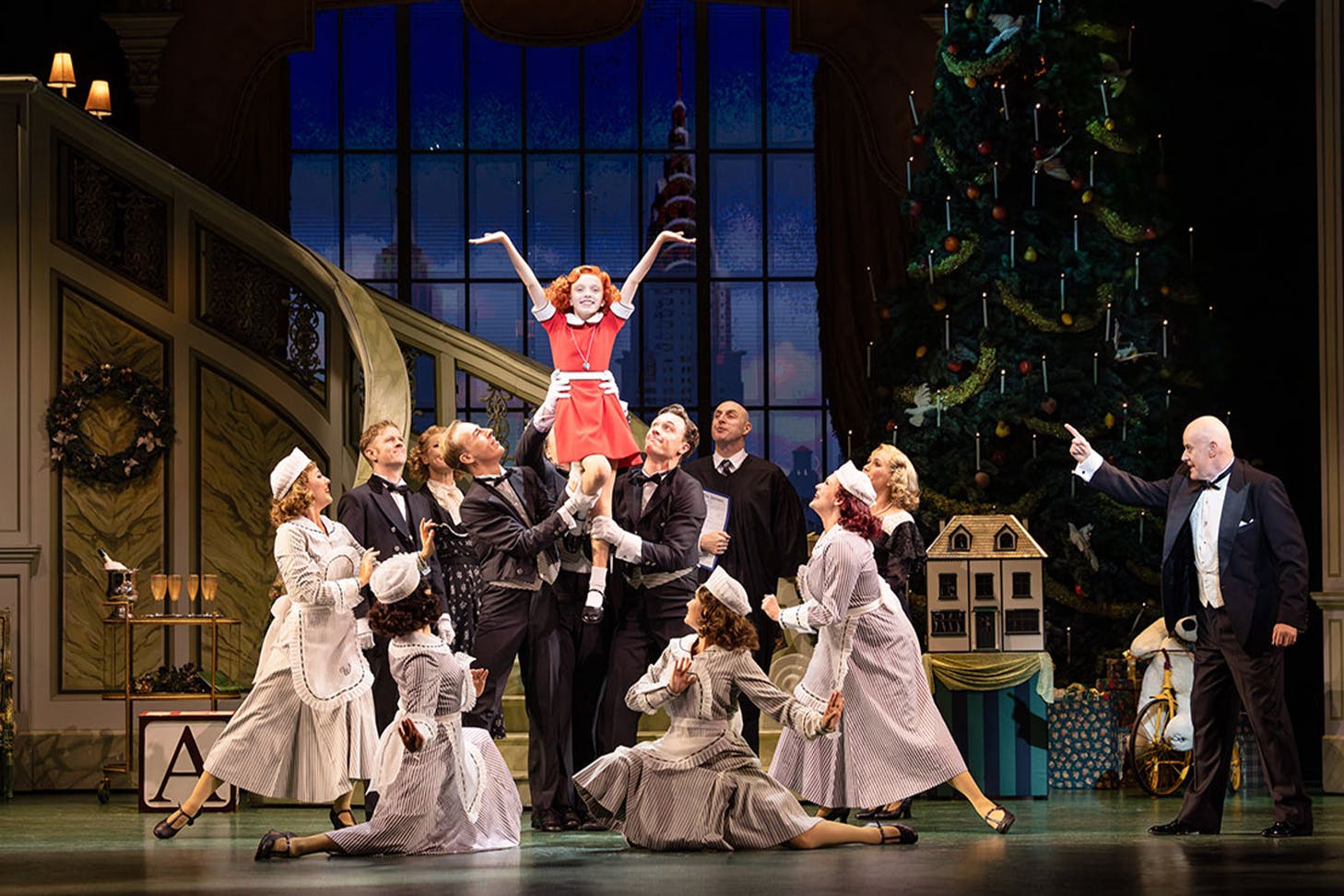
The Best Musicals And Theatre Shows In Brisbane You Need Tickets For

Chet Faker’s A Love For Strangers Tour Hits Brisbane In 2026: Here’s Everything You Need To Know
.png?auto=format%2Ccompress&fit=crop&ar=3:2&w=340 340w)
Where Land And Kai Meet: The South Island City Telling Kiwi Food Stories
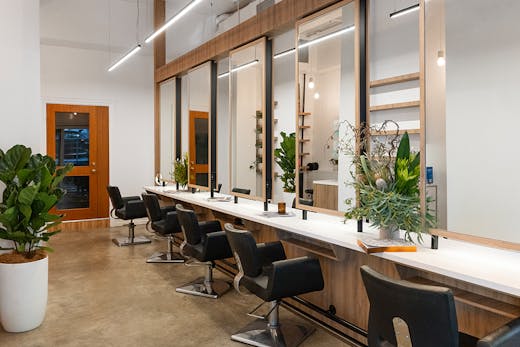
EdwardsAndCo Teneriffe
It's always a good hair day at this brand-new boutique salon from Australia's leading hair agency.
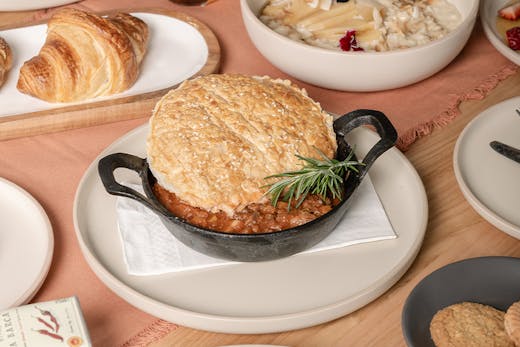
Figtree Social
Yeerongpilly's latest cafe blends brekky classics with native ingredients to create a truly contemporary Australian flavour.

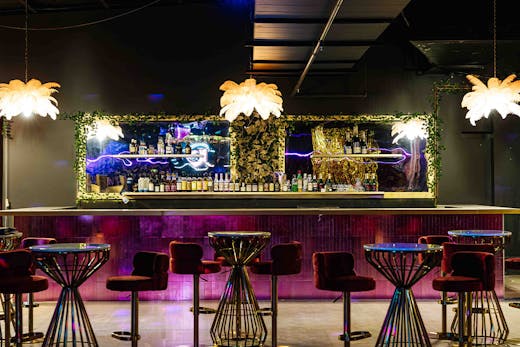
House Of Vice
The Valley is welcoming a glittery new nightclub where disco beats reign supreme.

From Pāua Patties To Te Matuku Oysters: These Dining Experiences Are Worth The Journey

High-End Kiwi Cuisine, Coast To Coast: The Itinerary Defining New Zealand’s Culinary Golden Era

This Luxurious Un-Honeymoon Proves You Don’t Need A Ring To Do Romance Right

Country Road
Fashion legacy meets local history in this CBD flagship store inspired by the native Queensland landscape.

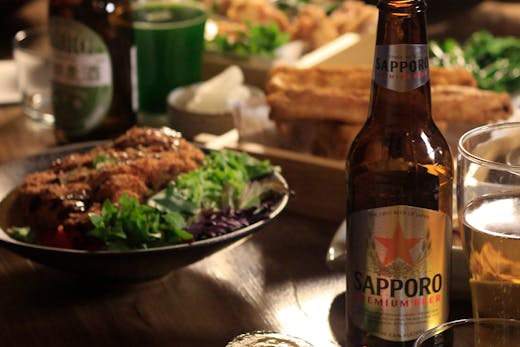
Merge
This pan-Asian yakitori bar in Wilston Village is dishing up smoky charcoal-grilled skewers, flavour-packed street food and house-made mocktails.
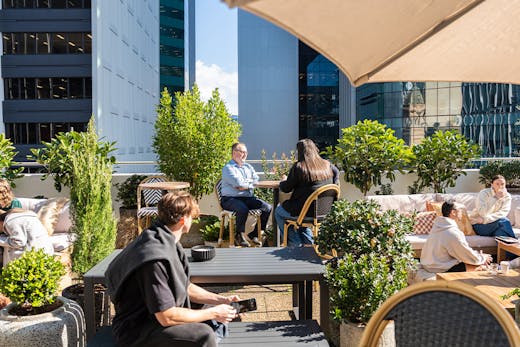
RAISE Rooftop
The CBD has levelled up with a New York-style rooftop cafe serving specialty coffee, pastries and epic views.

18 Gifts For Her That Are All Killer, No Filler

Why Resorts World Sentosa Singapore Is The Ultimate Family Adventure

15 Of The Best Airbnbs In New York City (2026 Edition)

The Best Tokyo Hotels For Your 2026 Japanese Adventure

Nothing But Memories: Why Sketch Artist And Creator Tom Ford Prefers Experiences Over Souvenirs

Chasing Adventure: How Creator Renee Buckingham Ran Headfirst Into Love With Europe

Obsessed With Yellowjackets? Here’s 5 Shows Serving The Same Chaos, Mystery And Drama

Notes From The GOAT: 6 Summer Streams You’ll Actually Want To Watch

Notes From The GOAT: Your Guide To Summer Streaming
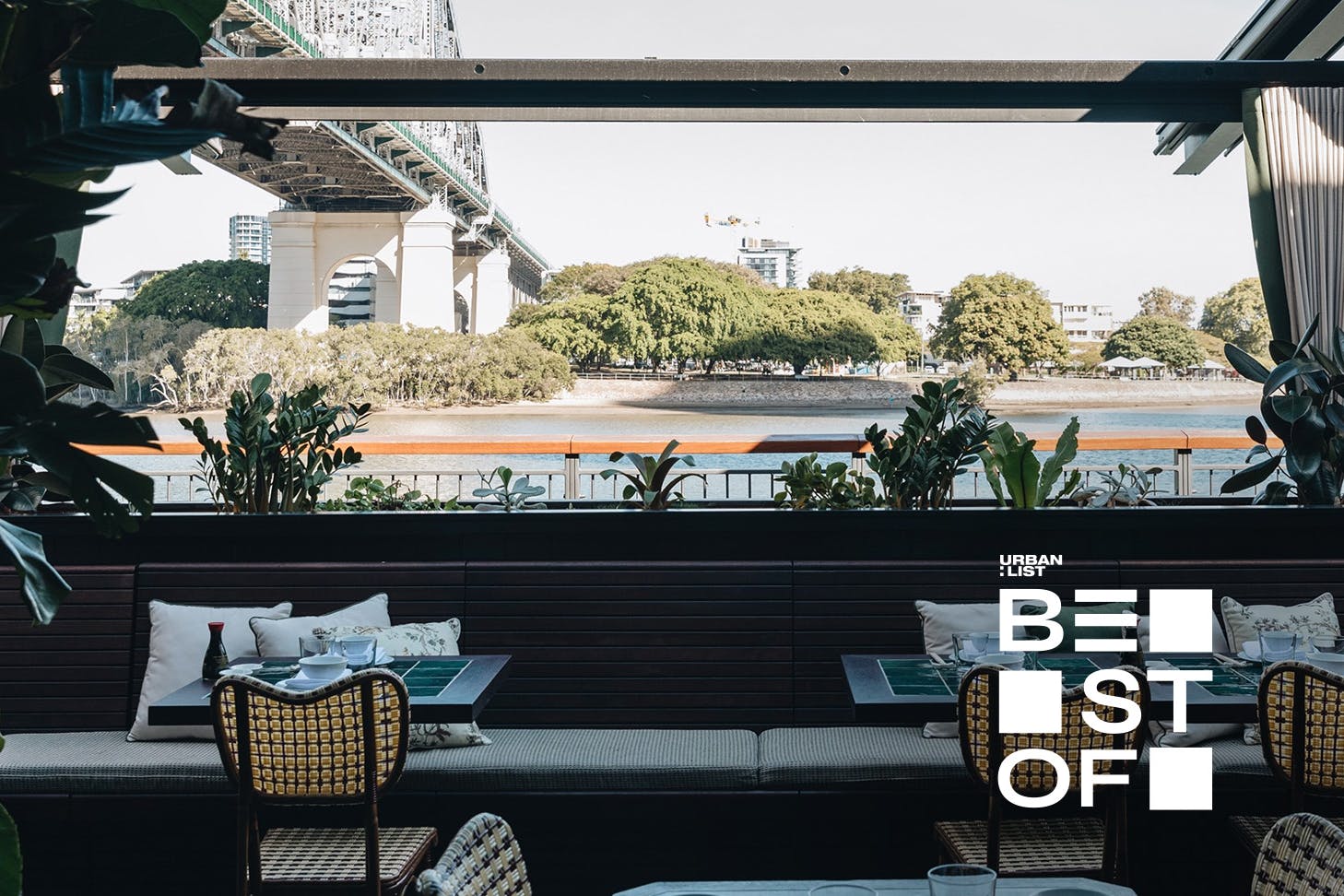
20 Of The Best Long Lunch Spots In Brisbane

PSA: The Sweetest New Opening Is Taking Over Queen Street Mall

This Island 2.5 Hours From The City Has A Roaming Cocktail Van For Your Post-Swim Sips

27 Stunning Places To Stay Near Brisbane With Outdoor Baths

25 Of The Most Romantic Getaways In Queensland For 2026

What’s Happening To The Gabba? We Finally Know The Future Of Brisbane’s Iconic Stadium
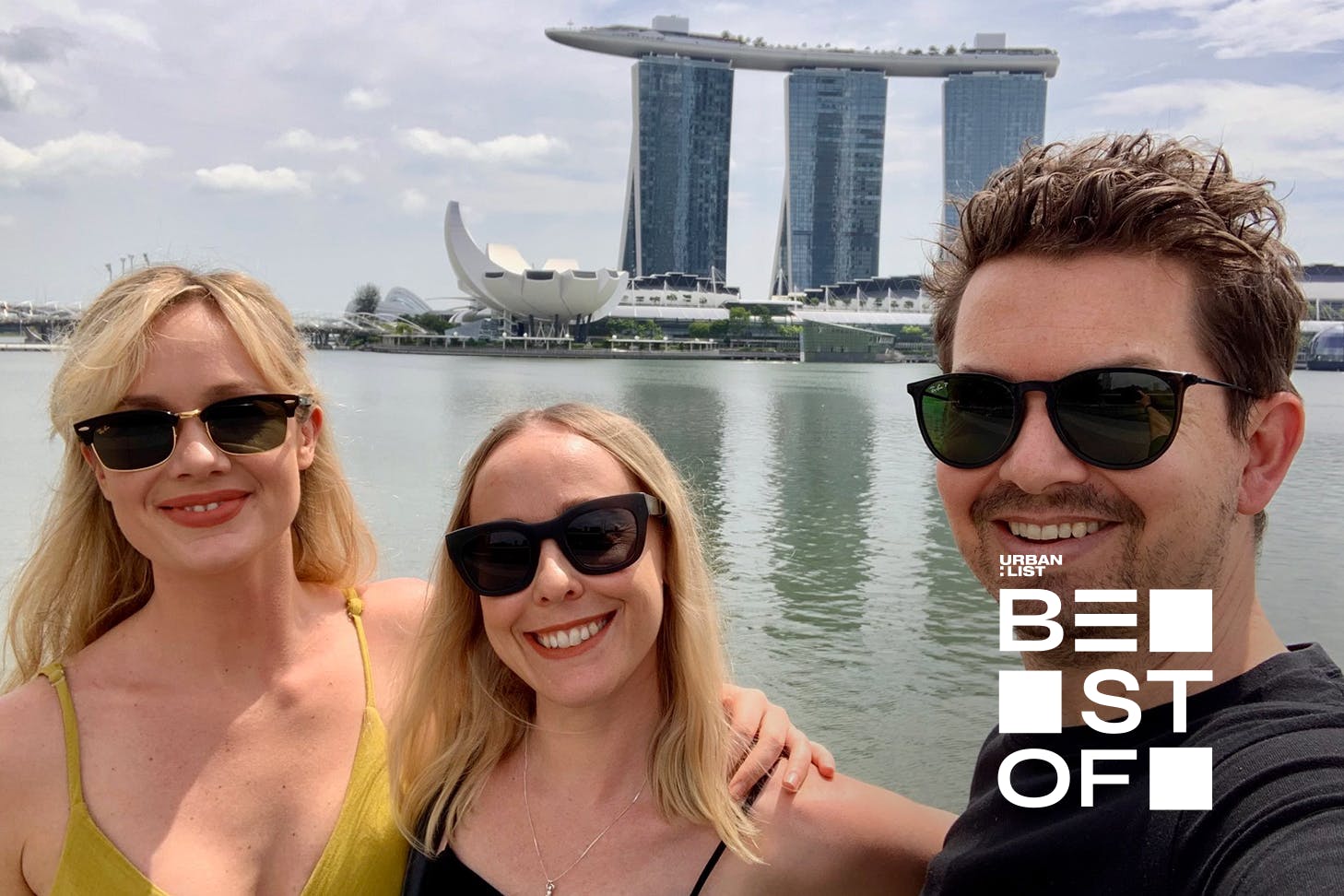
All Of The Best Things To Do In Singapore In 2026

The Best TVs To Shop If You’re Looking To Upgrade Movie Night

Listen Up, These Are The Best Headphones And Earbuds To Shop In 2026
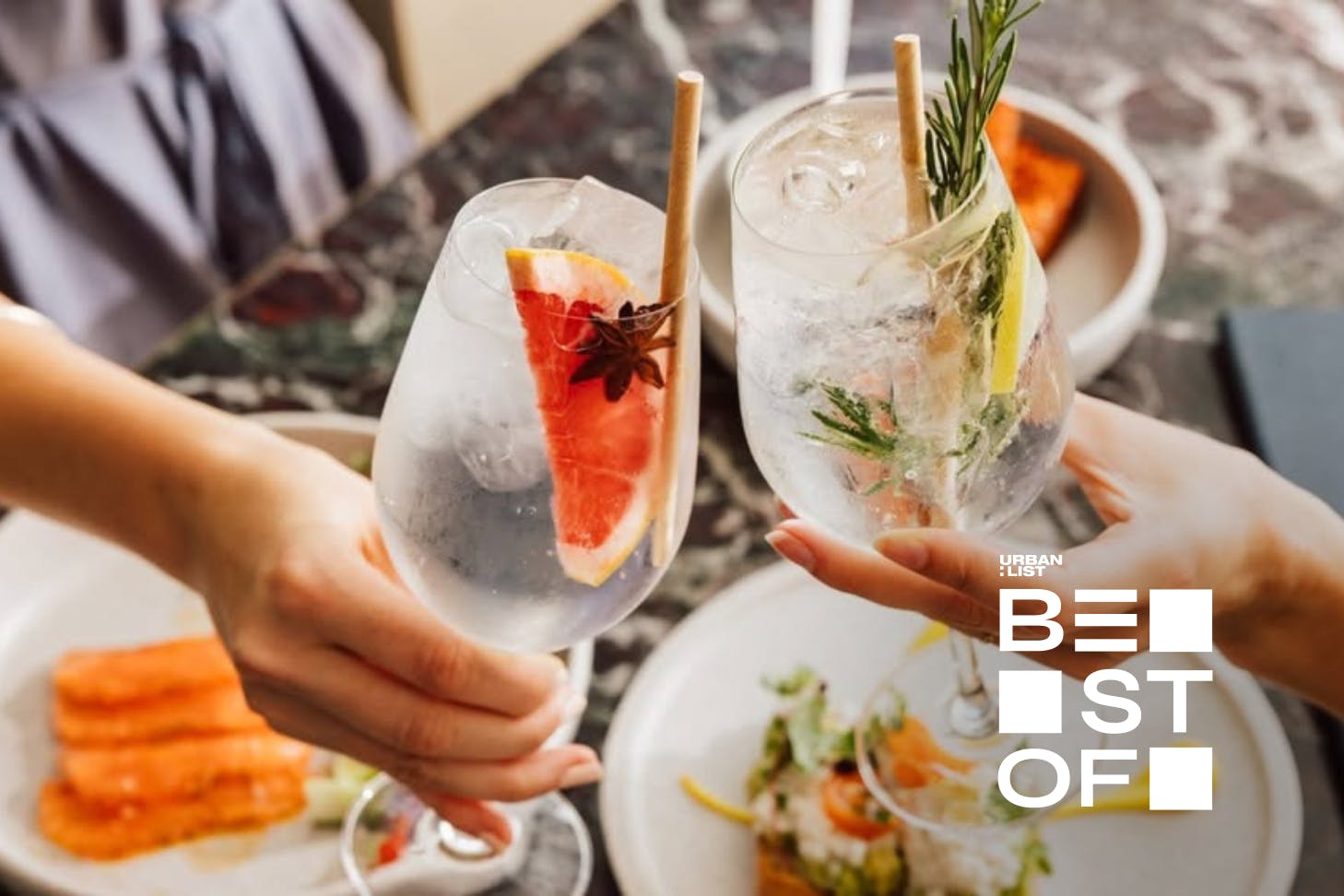
Sleep In, Sip On With 25 Of The Best Bottomless Brunches In Brisbane For 2026
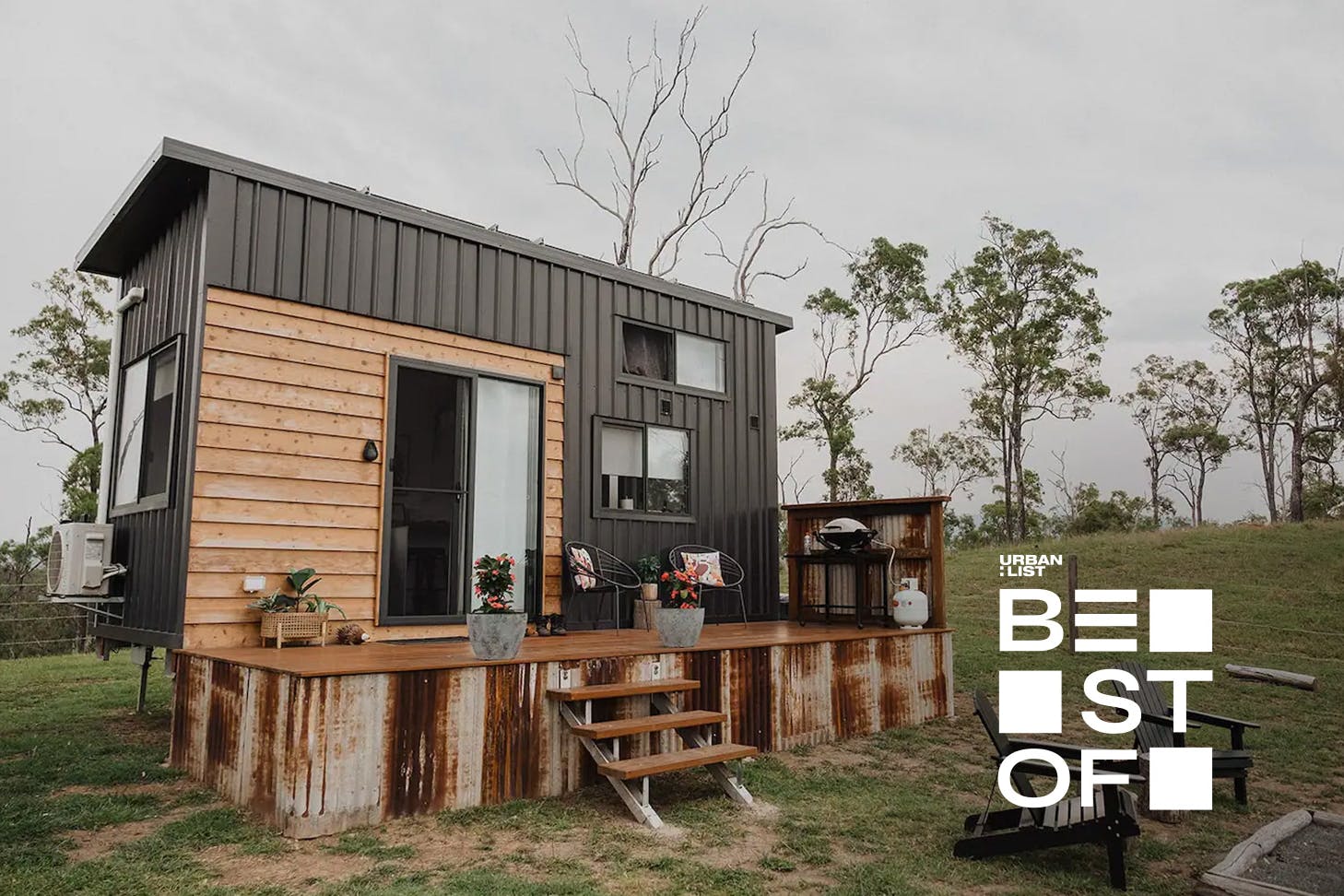
26 Tiny Houses In South East Queensland For The Cutest 2026 Vacay
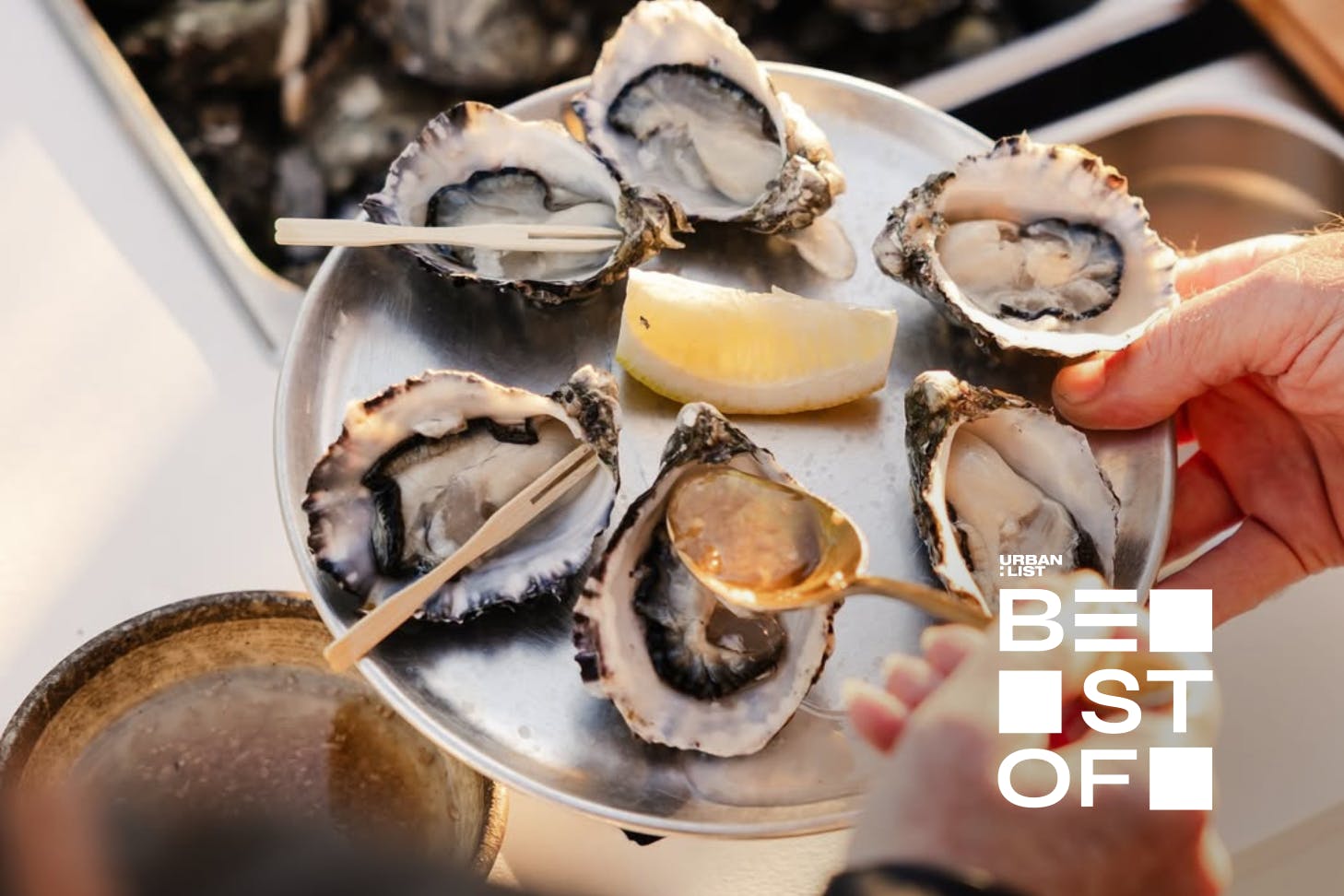
Slurp Up 15 Of The Best Oyster Happy Hours In Brisbane
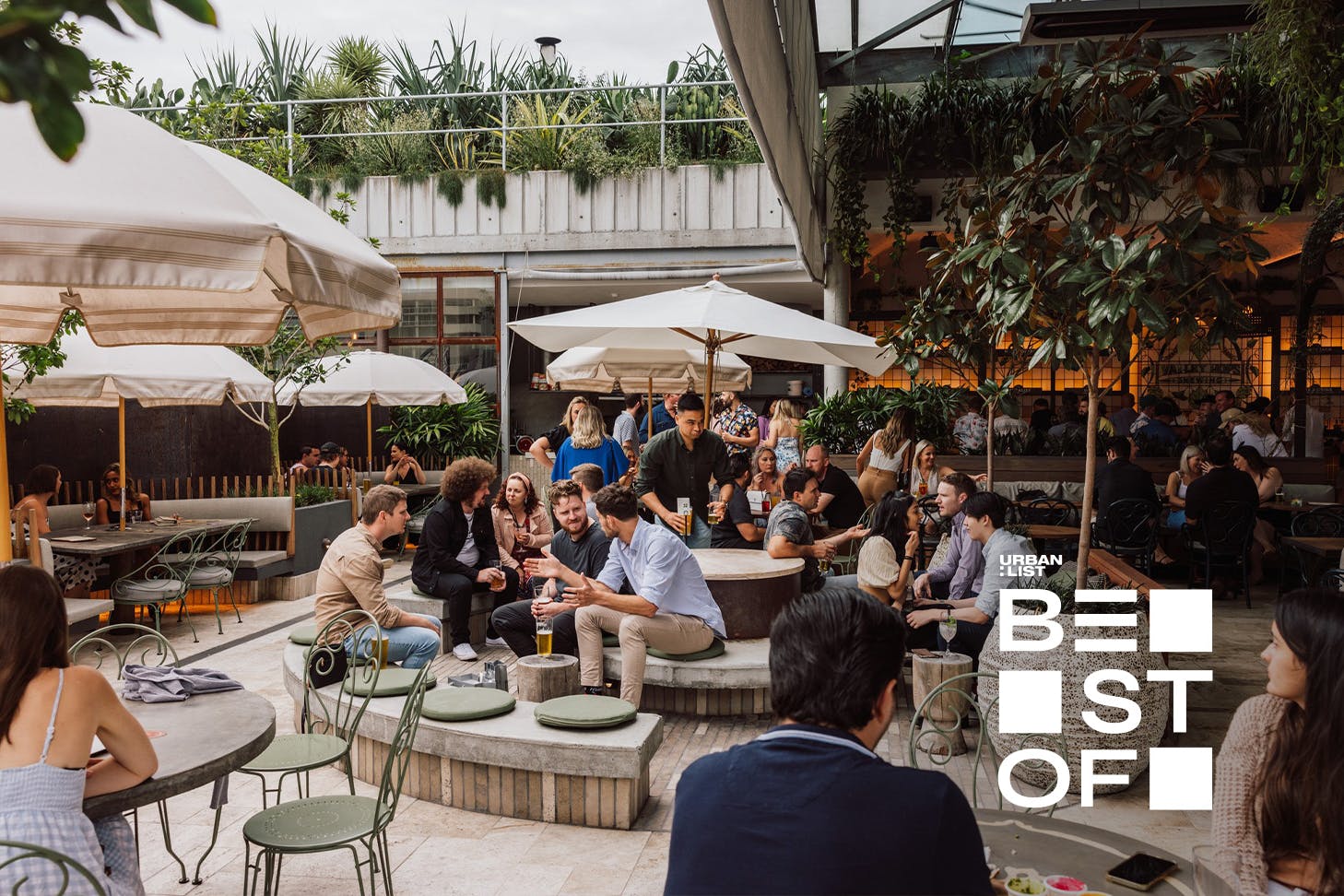
18 Of The Best Rooftop Bars In Brisbane For Sky High Drinking In 2026
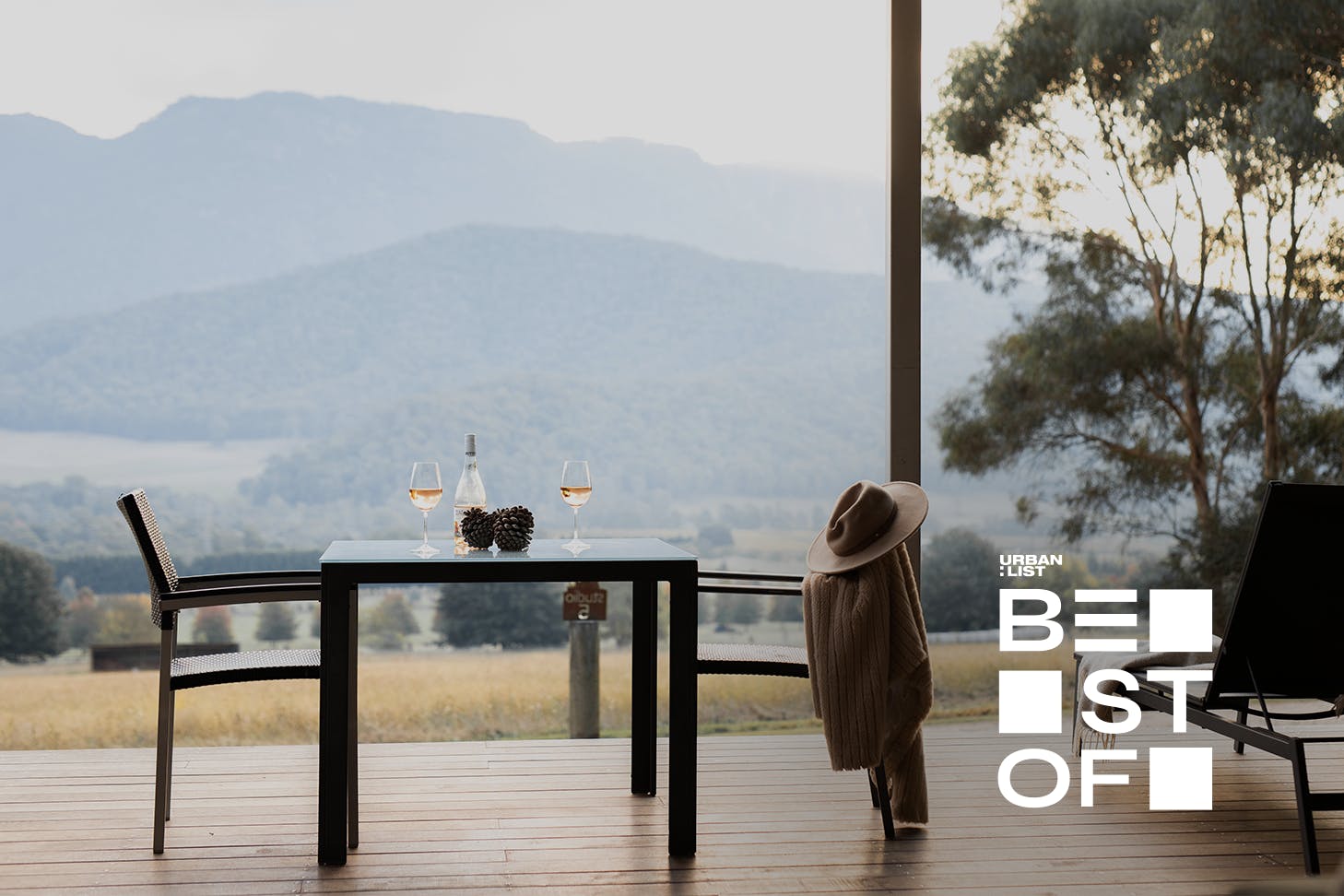
26 Romantic Getaways In Victoria For A Swoonworthy Summer Break
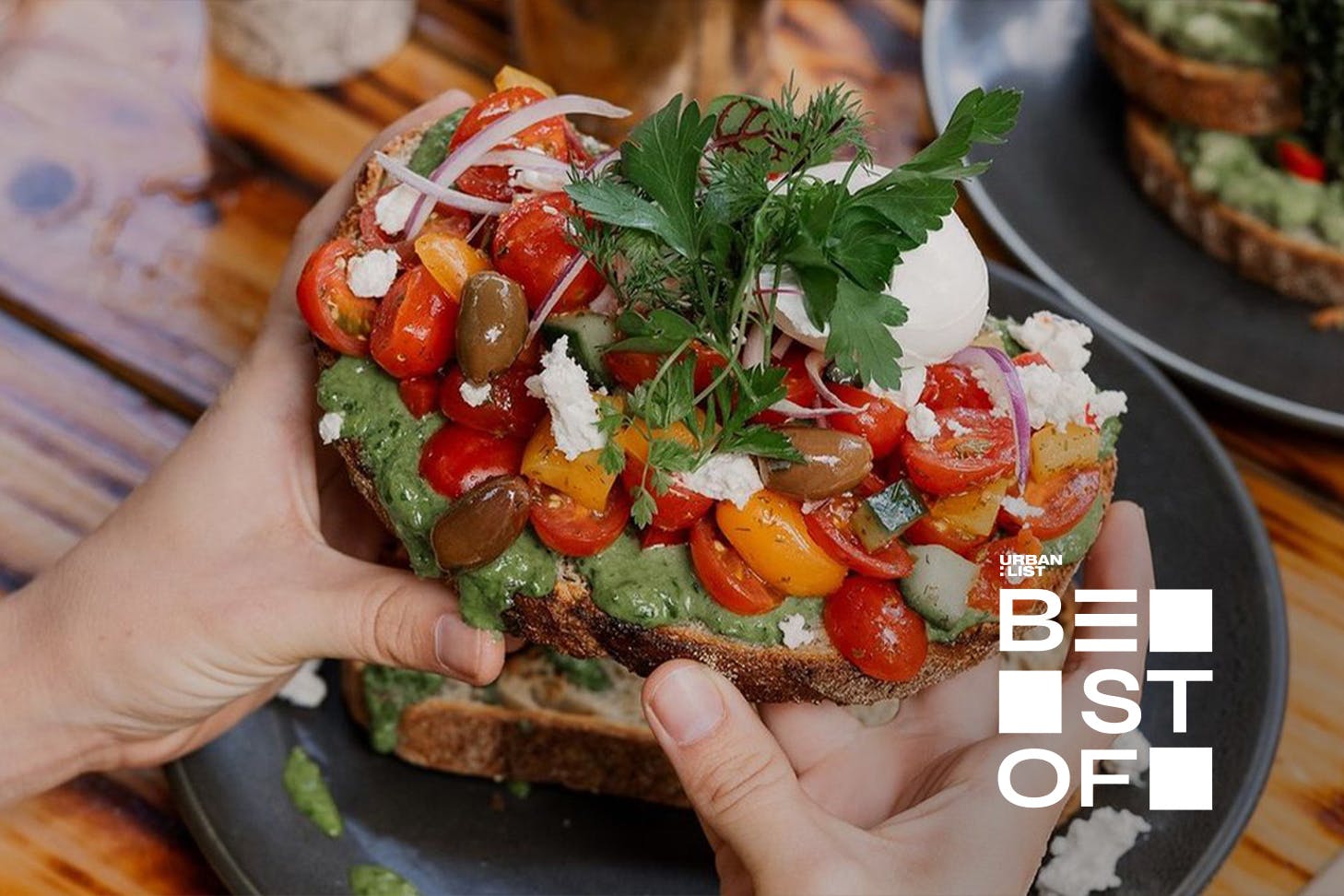
Where To Find 26 Of The Best Breakfasts In Brisbane In 2026

Slow Down And Check In: The Best Stays For Laidback Getaways

18 Of Brisbane’s Best New Restaurants And Bars Of 2025
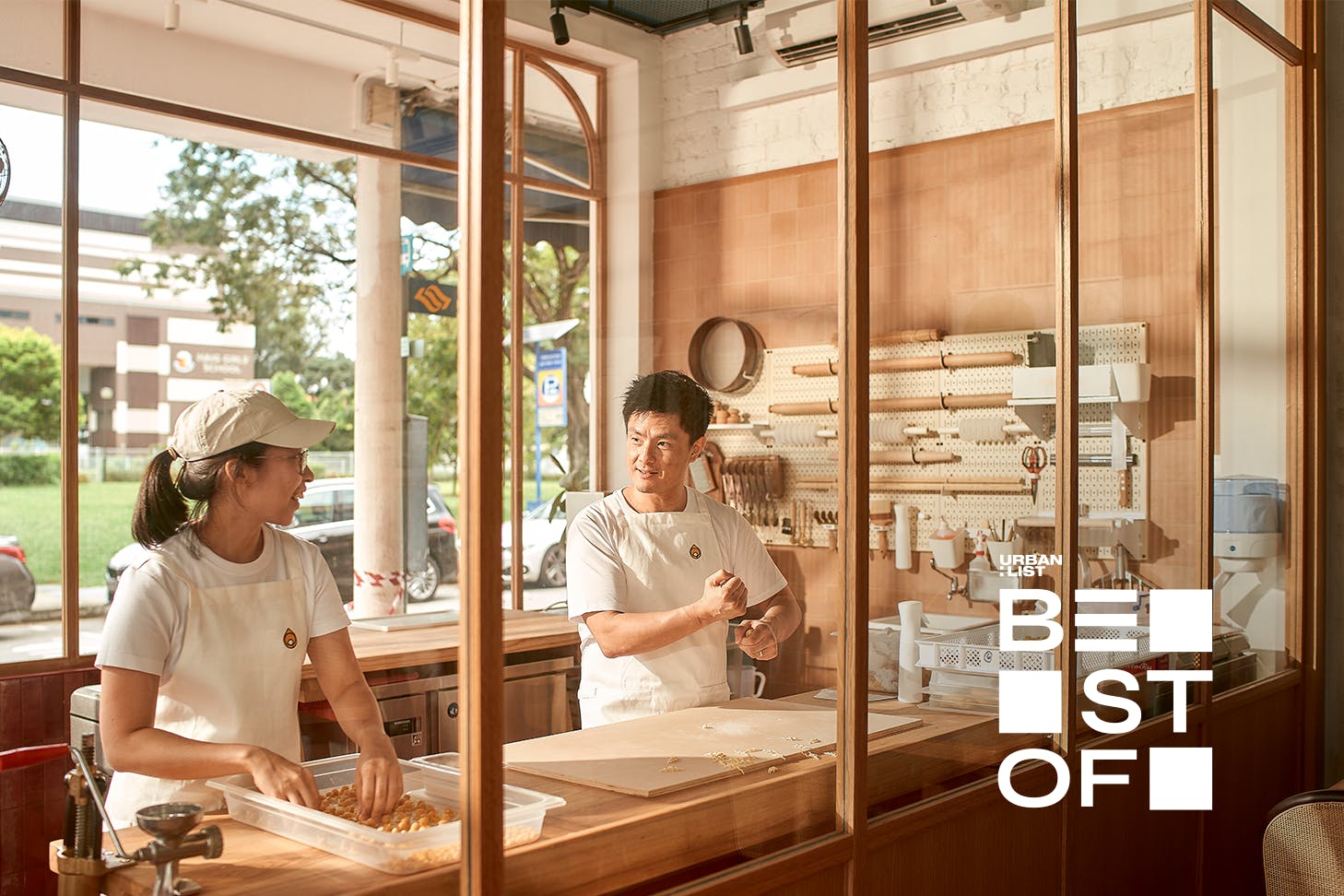
The Best Restaurants In Singapore That Absolutely Need To Be On Your Radar In 2026

Matty Fahd Swapped The City For The Country And Found The Magic In Slowing Down

Flying For Love: How Louis Hanson Turned Ghosting Into An Unforgettable Trip

Cheap Sips And Good Vibes: The Best Happy Hours In Singapore
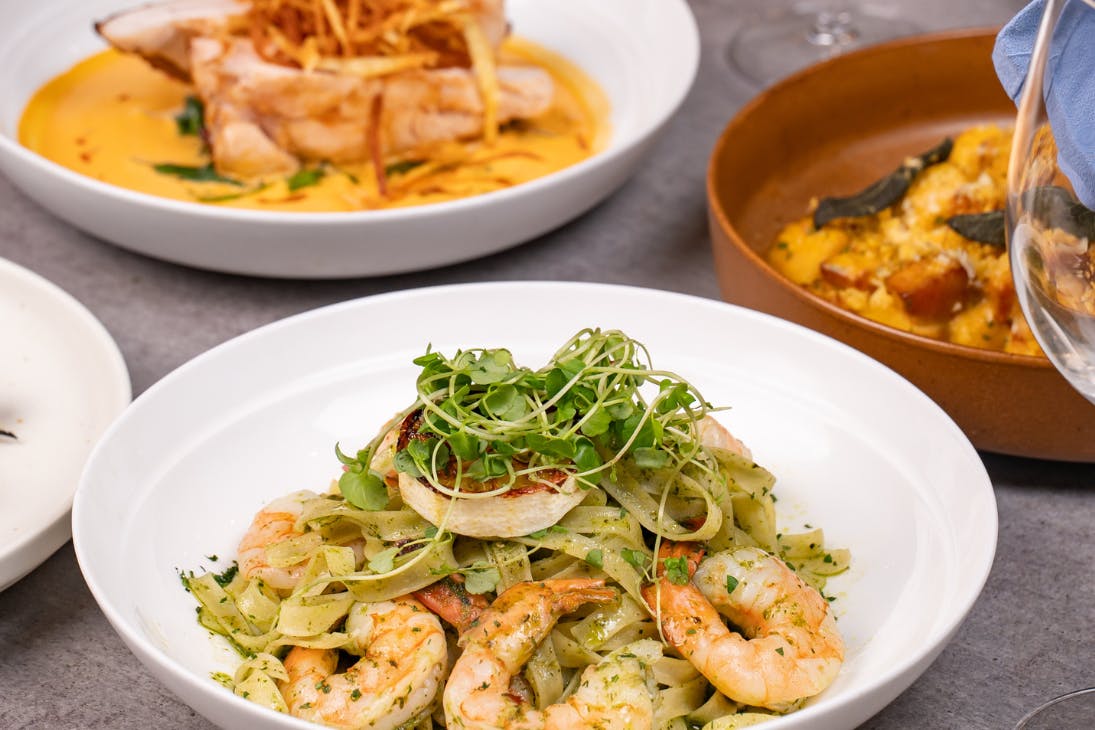
In Charge Of The End-Of-Year Lunch? This Riverside Gem Is Primed For Group Feasting
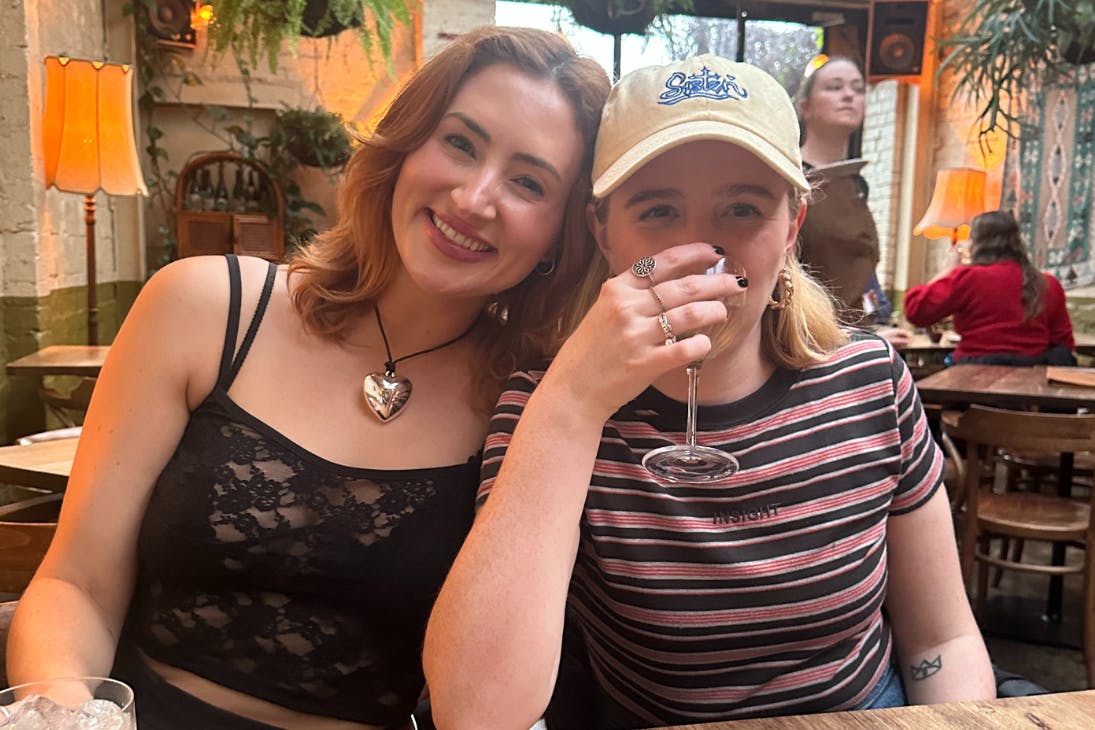
Op Shops And Goosebump-Inducing Shows: Our Brisbane Editor’s Fresh Guide To A Girls’ Night Out
.png?auto=format%2Ccompress&fit=crop&ar=3:2&w=340 340w)
8 Reasons To Book Air New Zealand’s Epic Cyber Week Sale

5 Theories We’ll Be Checking Off When Stranger Things Drops Friday

The Best Hotels In Singapore Worth Booking In 2026
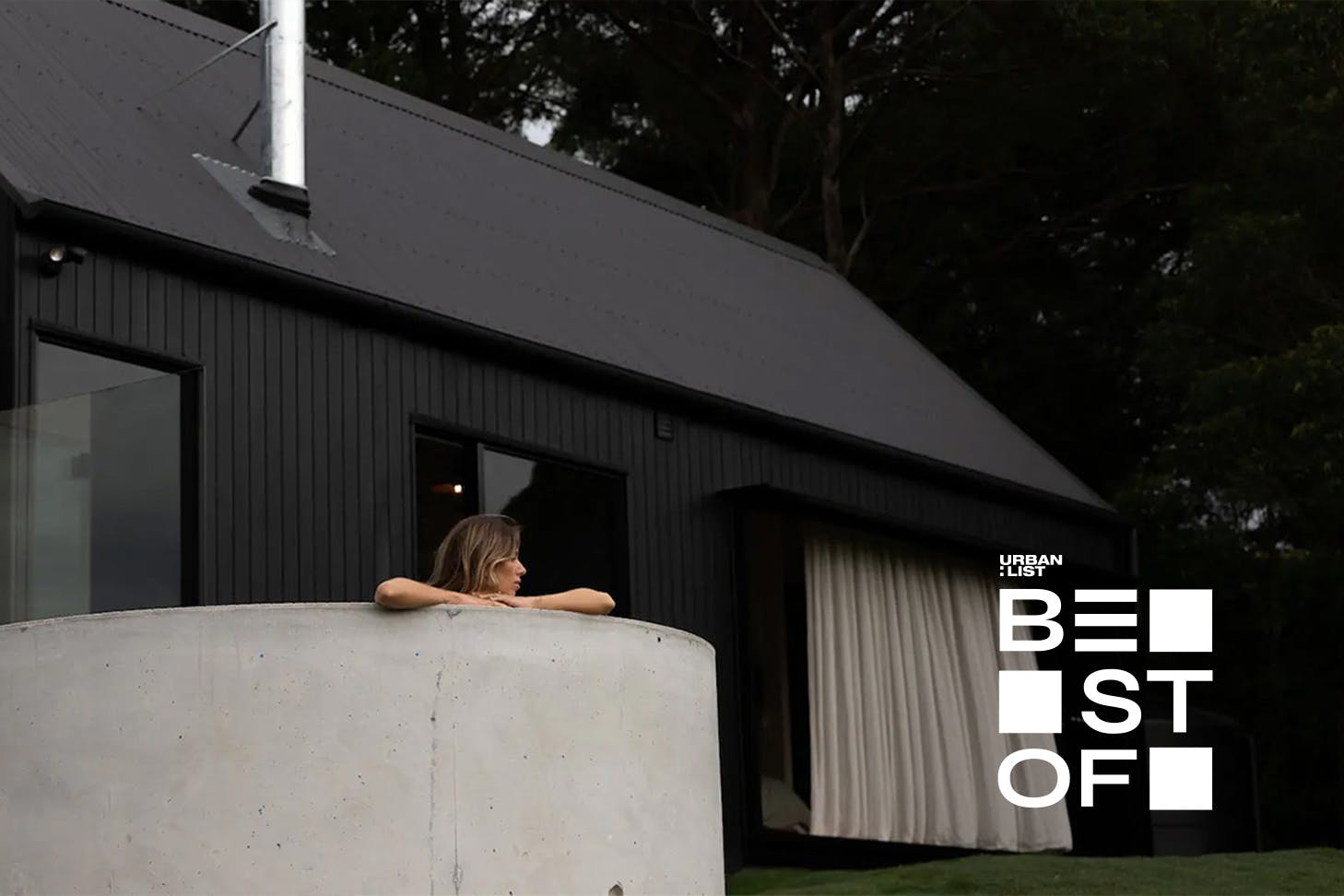
20 Romantic Getaways Near Brisbane To Set Your Heart Aflutter
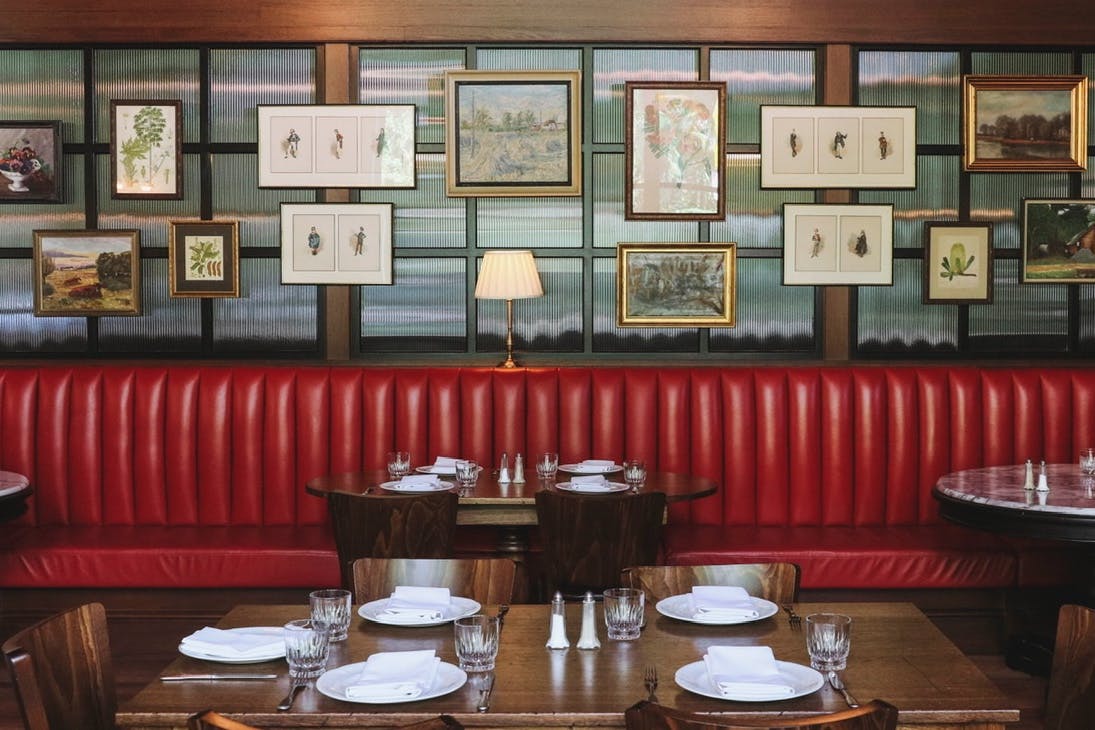
Here’s What’s Open For Christmas Day Feasts In Brisbane For 2025

The Best Gift Cards To Buy When You Need A Last-Minute Present

You Can Soon Return To Paradise With Lindeman Island’s Multi-Million Dollar Redevelopment

Your Game-Day Guide To The Gabba: Where To Eat, Drink And Stay

What Will The Weather In Brisbane Be Like On Christmas Day 2025?
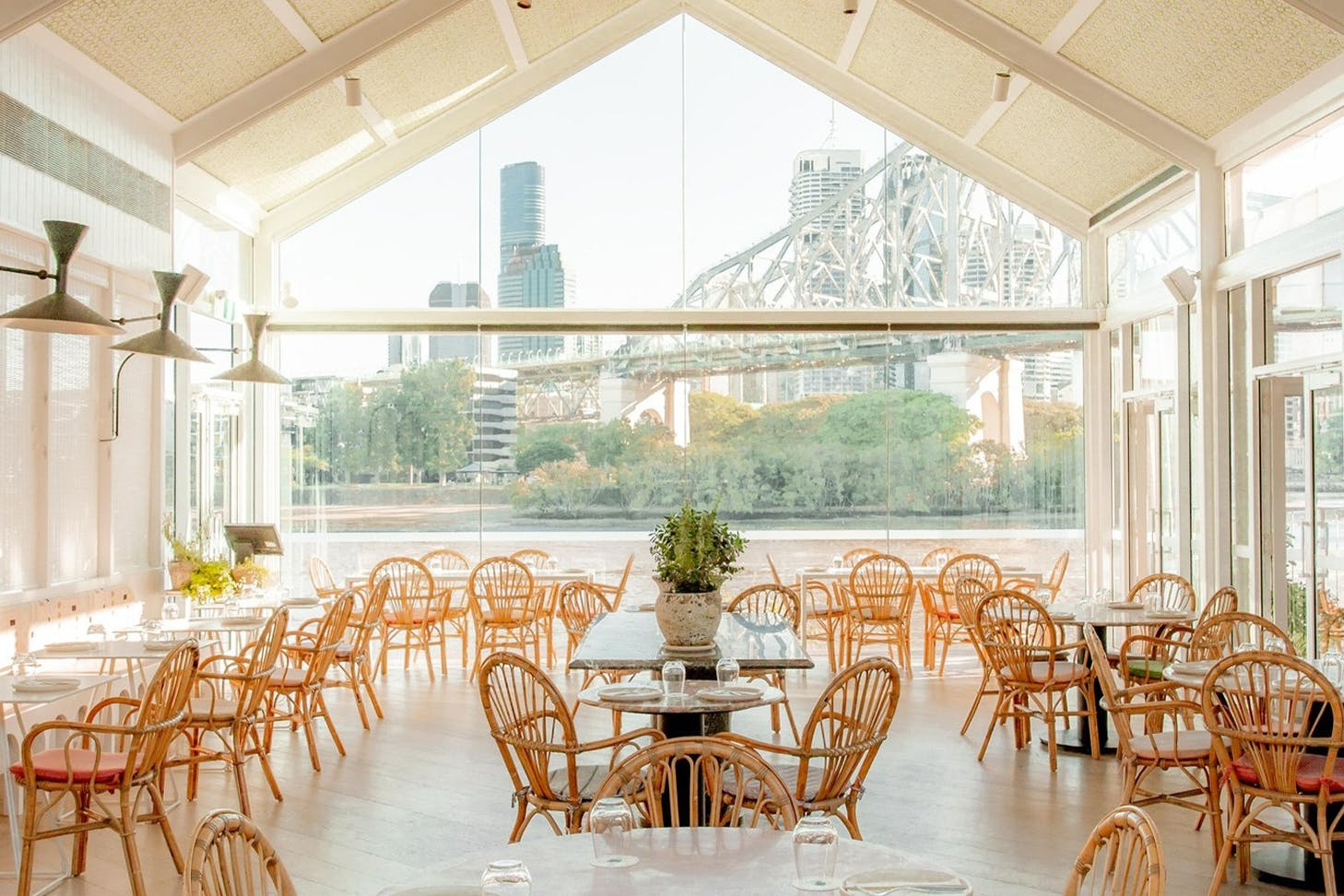
What’s Open On New Year’s Day In Brisbane For 2026
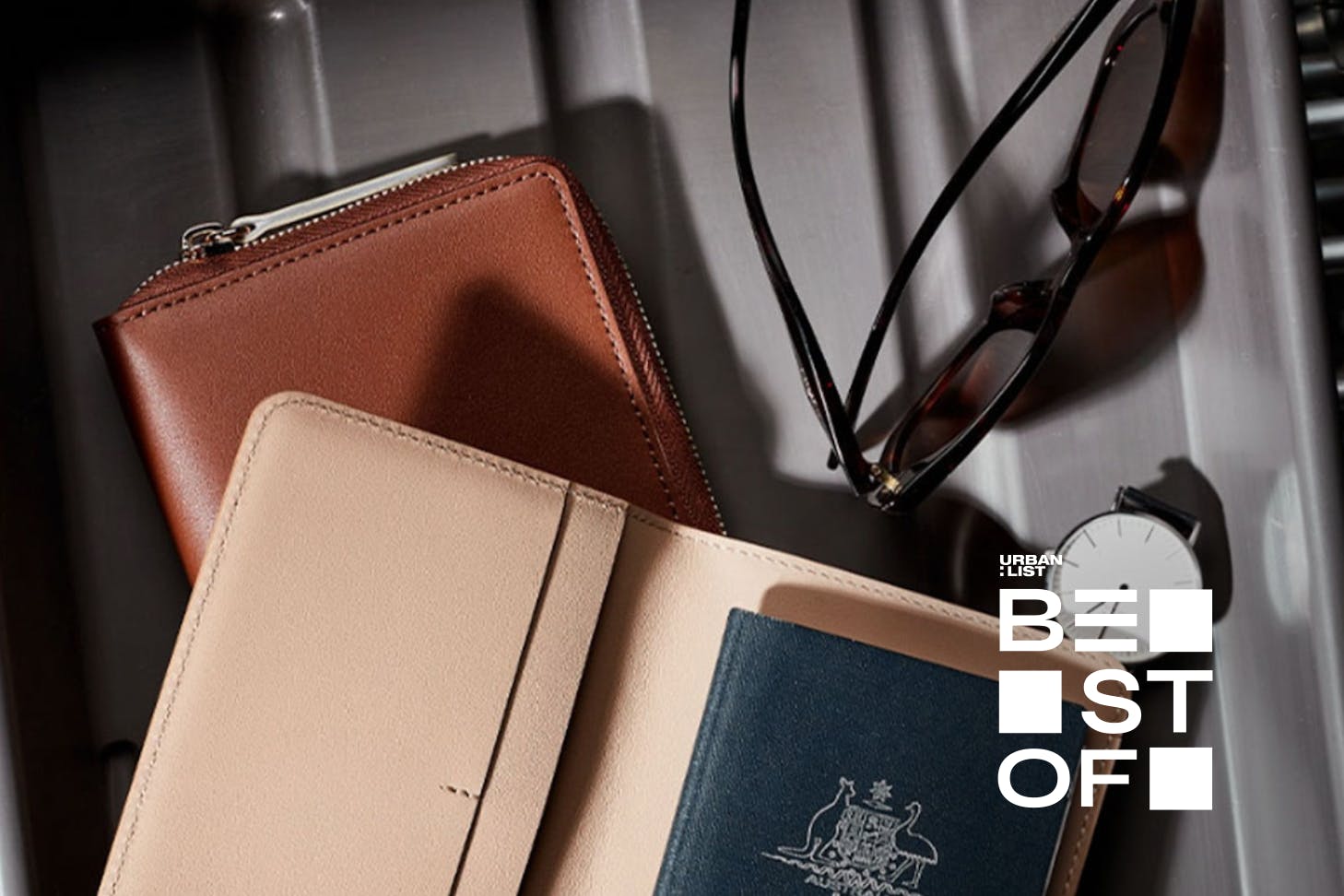
Gifts For Travellers: 23 Gift Ideas For The Frequent Flyer In Your Life

Outdoorsy Gifts: 21 Gifts For That Person Who’s Always Outside

All The Brisbane Travel News And Holiday Deals You Need To Know

Here’s How To Catch Up With Your Mates This Summer Without Blowing The Budget

What’s Open On Boxing Day In Brisbane For 2025

All For Under $50: The Body Shop Has Your Secret Santas And Stocking Stuffers Sorted
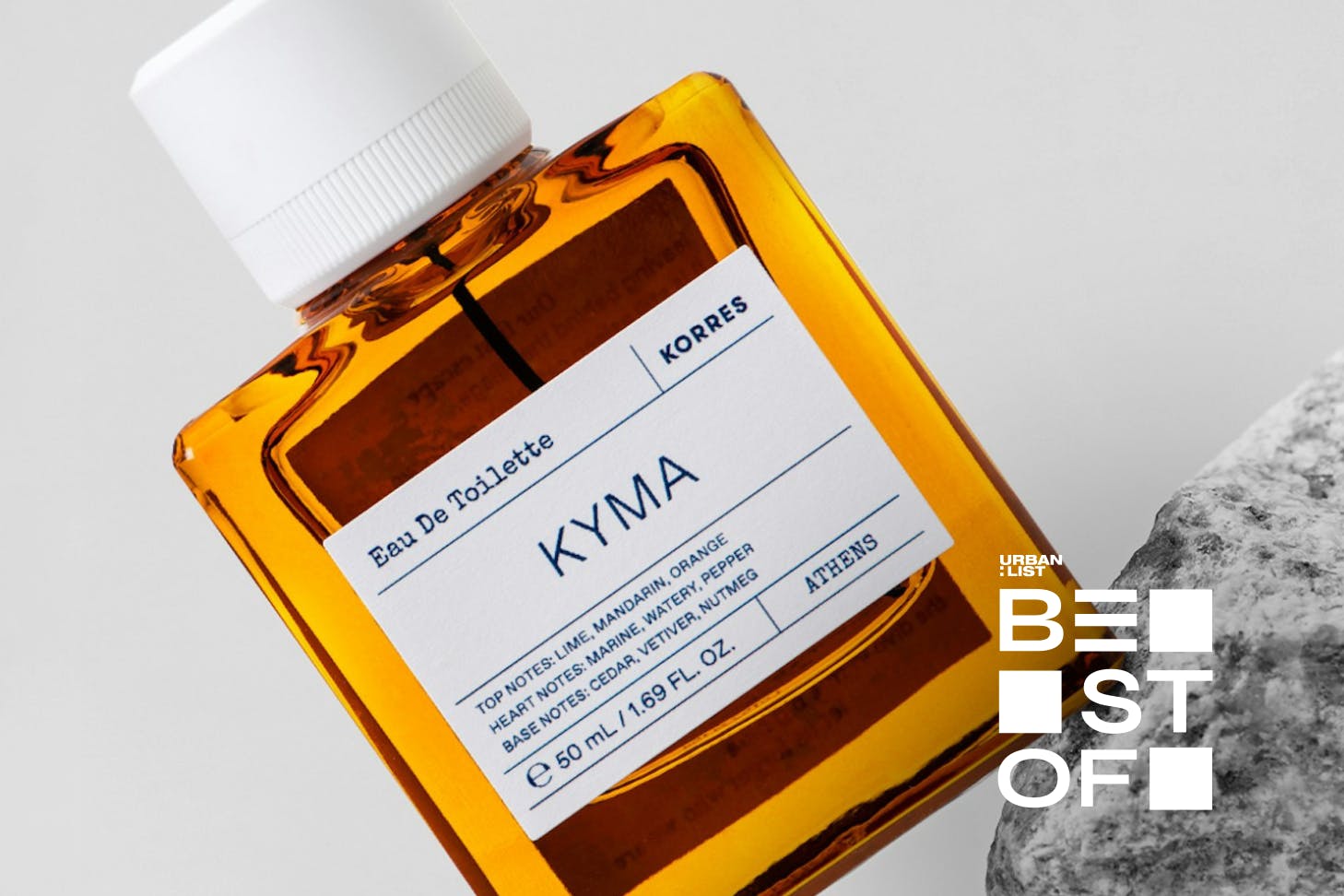
25 Of The Best Beauty Gifts To Shop For Christmas 2025

This New Aussie-Made Sip Is About To Be Your Drink Of Summer For 2026

12 Of The Best Brisbane Beaches For Summer Swims
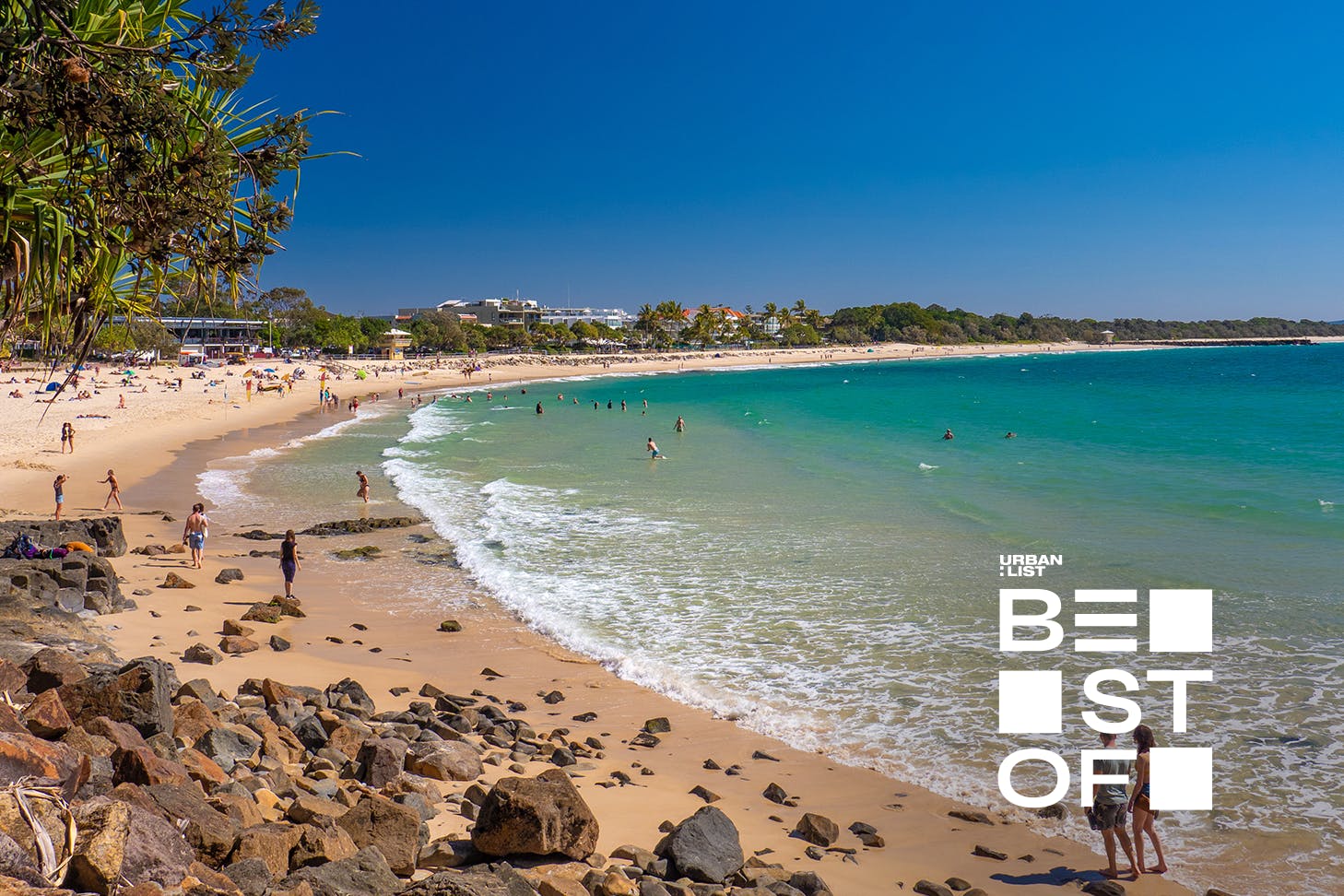
10 Of The Best Beaches On The Sunshine Coast
.jpg?auto=format%2Ccompress&fit=crop&ar=3:2&w=340 340w)
Queensland’s Best Beachside Resorts To Book In 2026
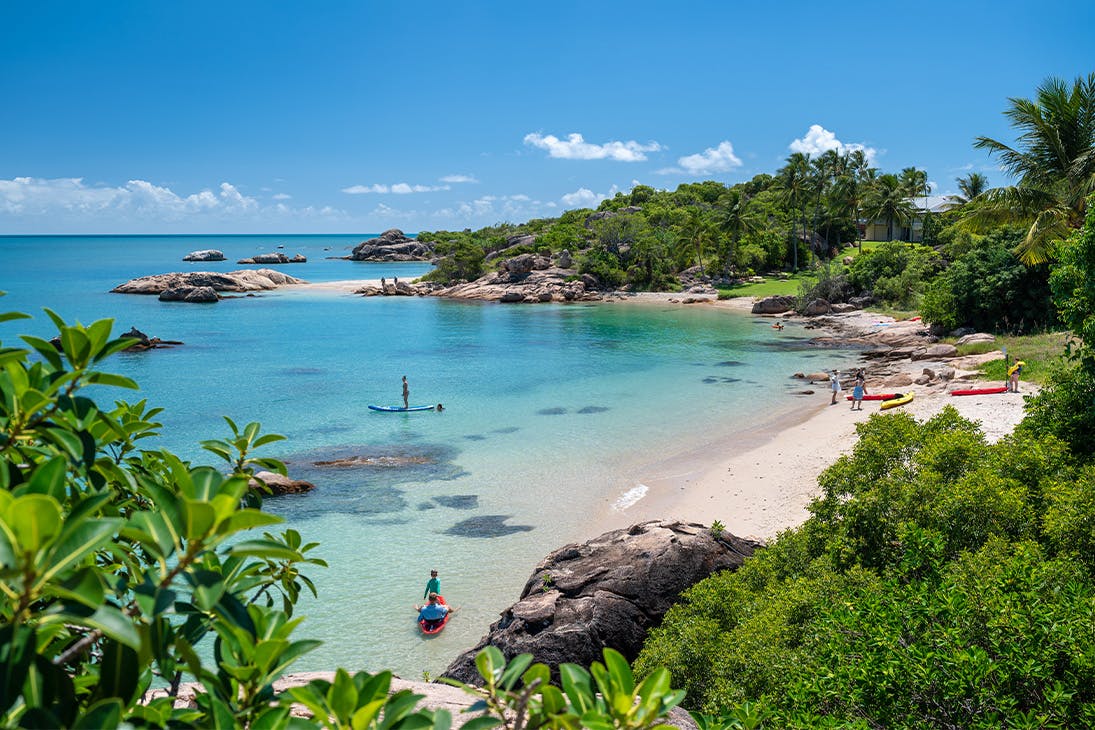
Seek Out Some Serenity At 5 Of Queensland’s Prettiest Beach Towns

Christmas Sorted: The Ultimate Guide Gifting Something Special To Everyone On Your List

The Agnes Crew Open A Nostalgic French Bistro In A Heritage CBD Corner

This Bold Performance Blends Movement, Music And Drama Into One Monumental Production

South Bank’s New Riverfront Concert Series Adds Grace Jones, MARINA And King Stingray To The Lineup
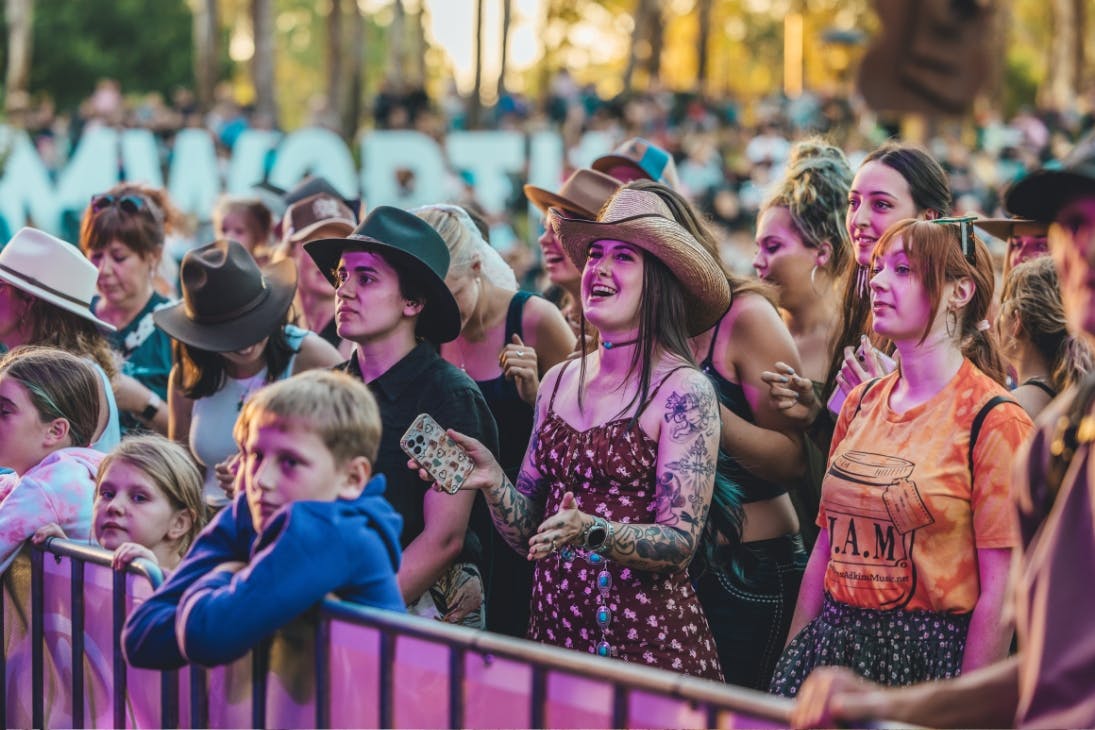
Your Tamworth Country Music Festival Cheat Sheet: 10 Must-Do’s For A Seriously Good Time
